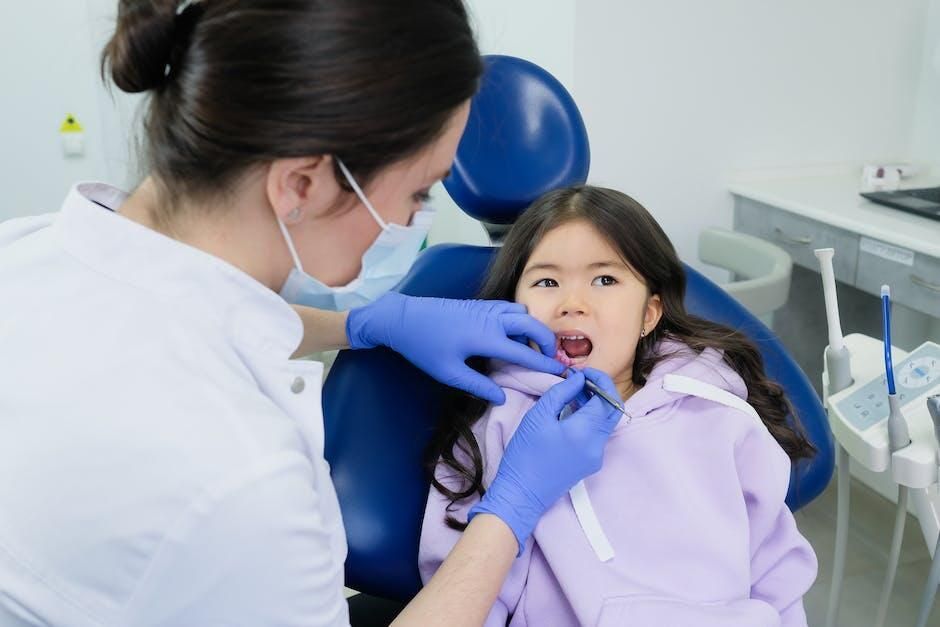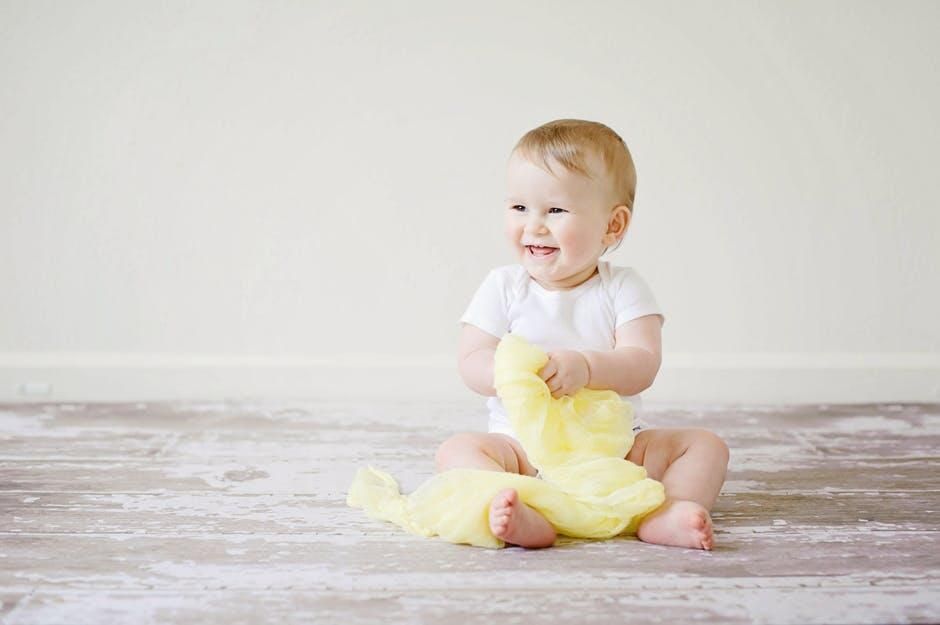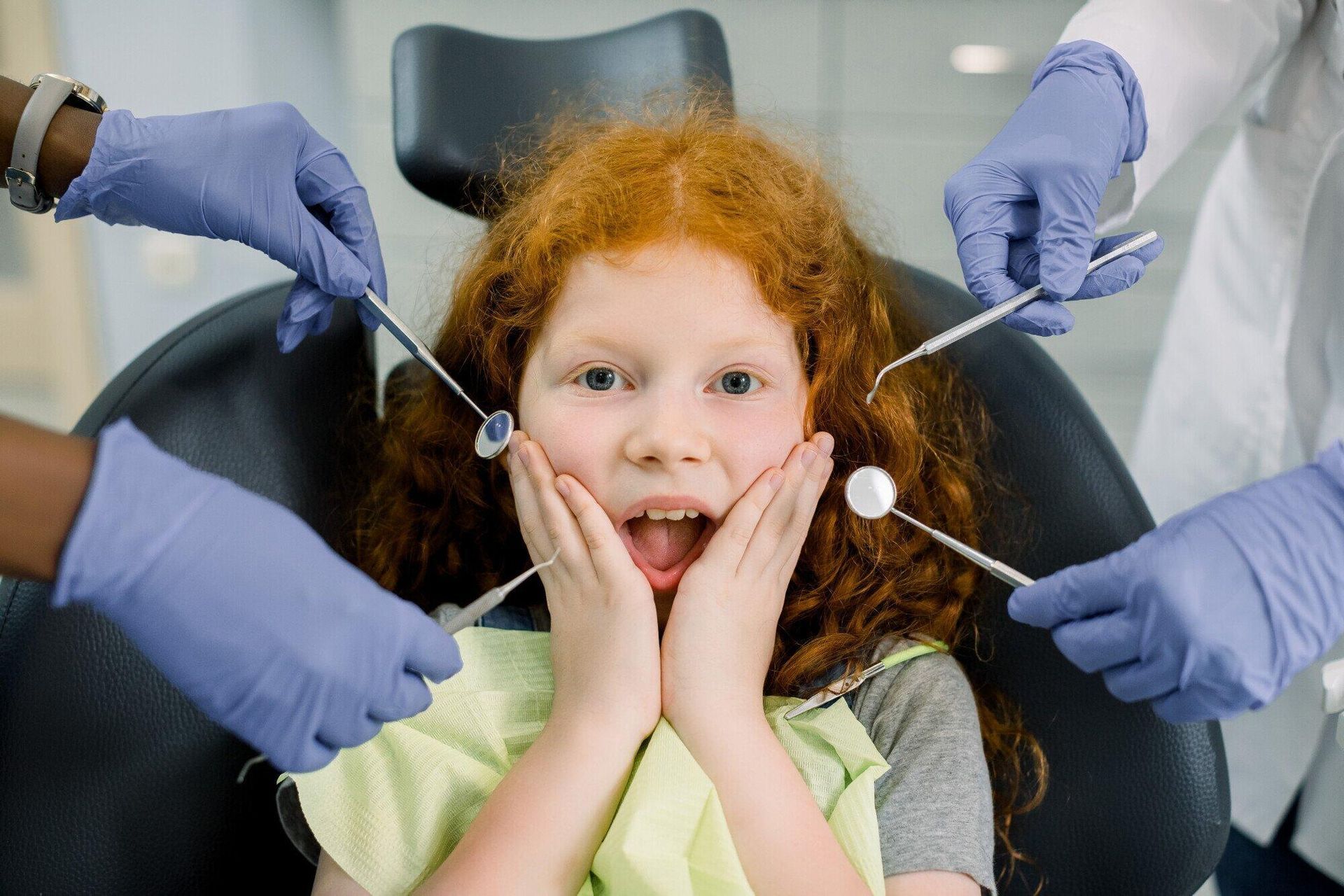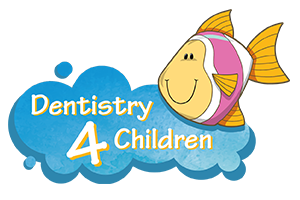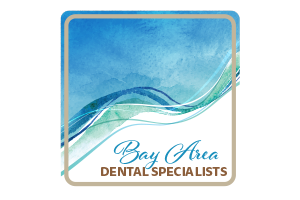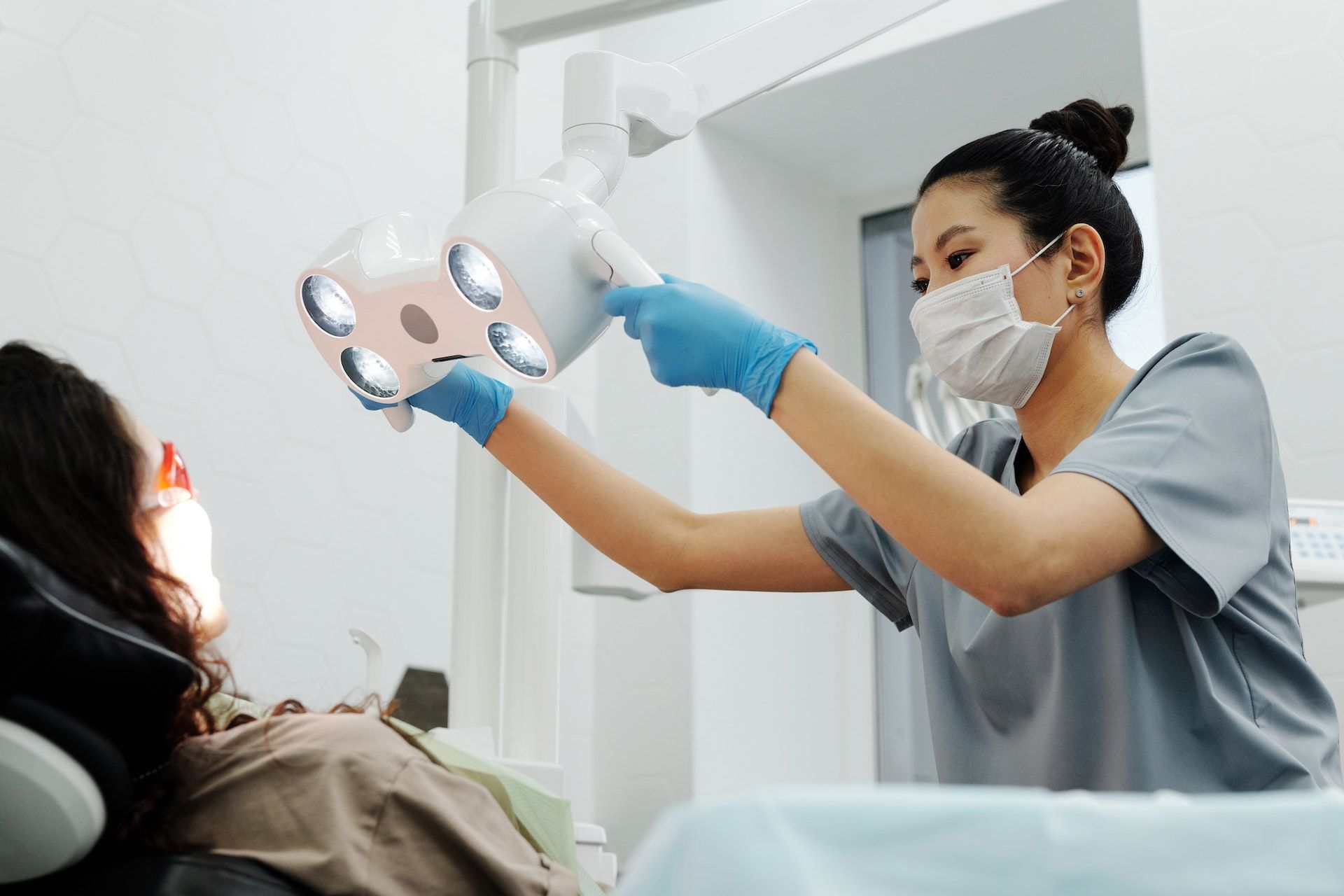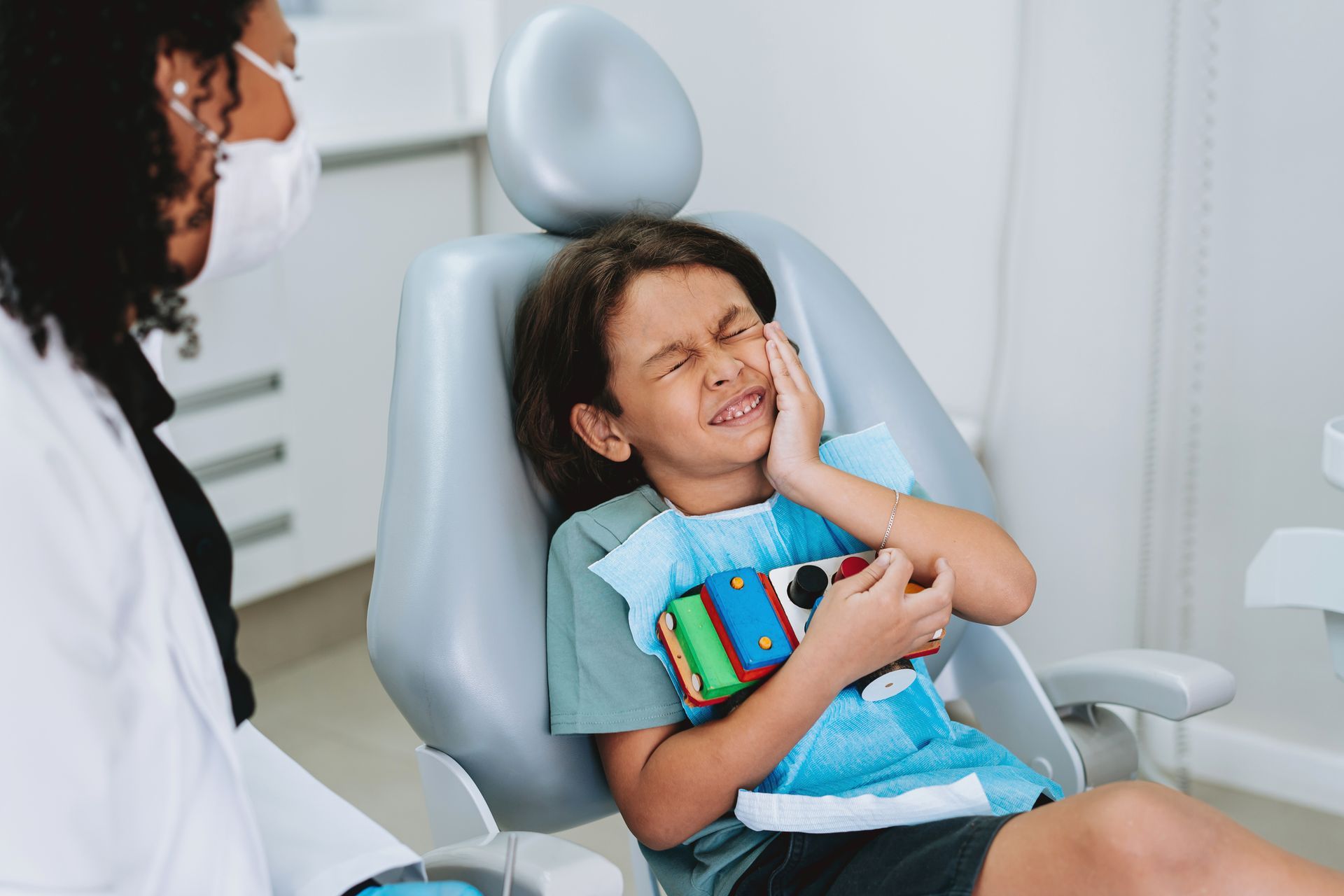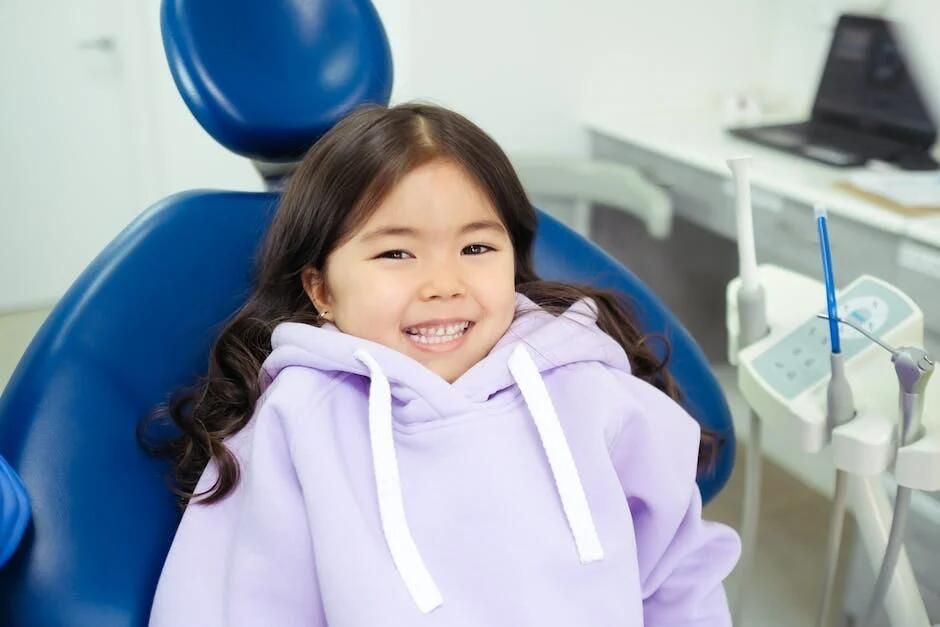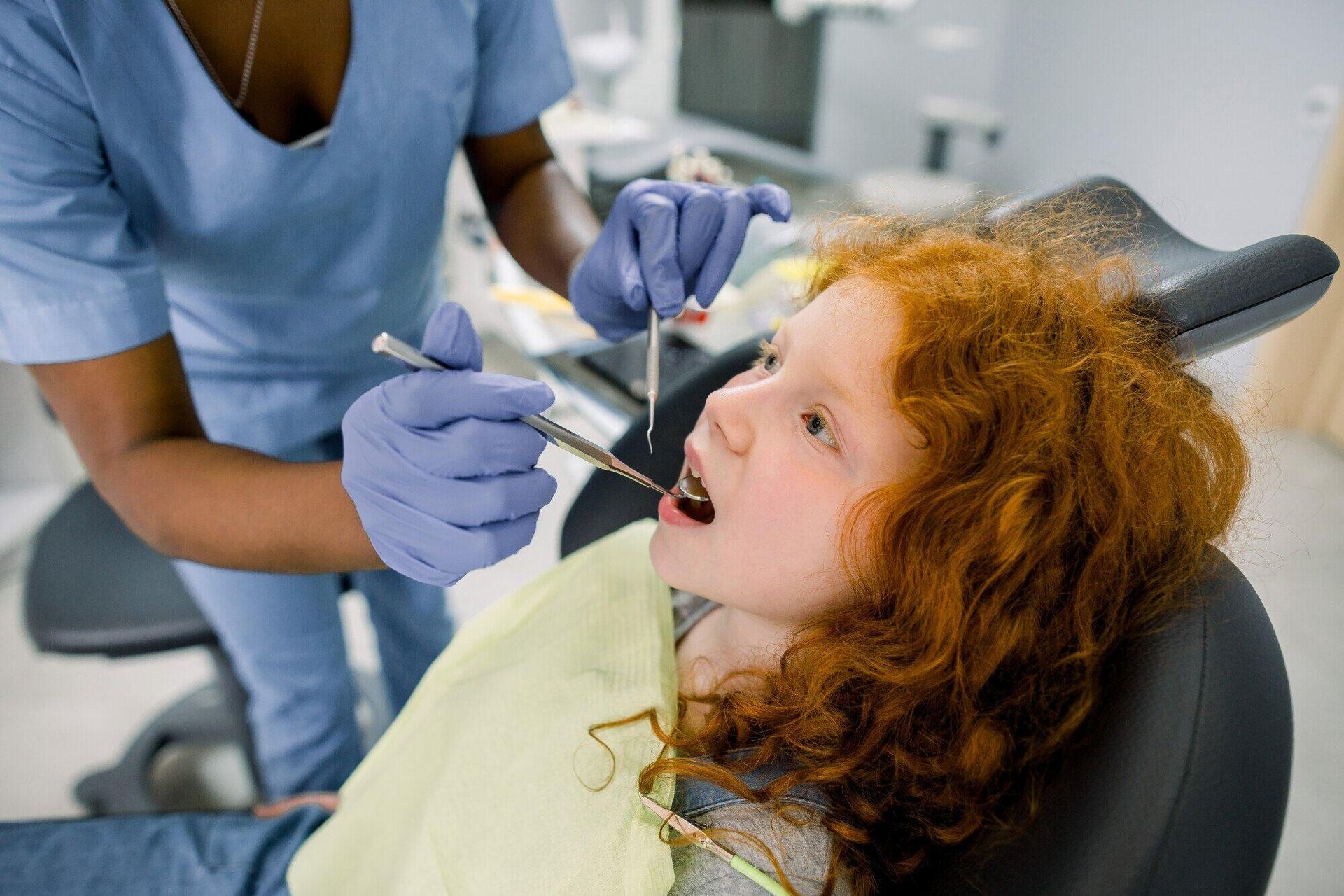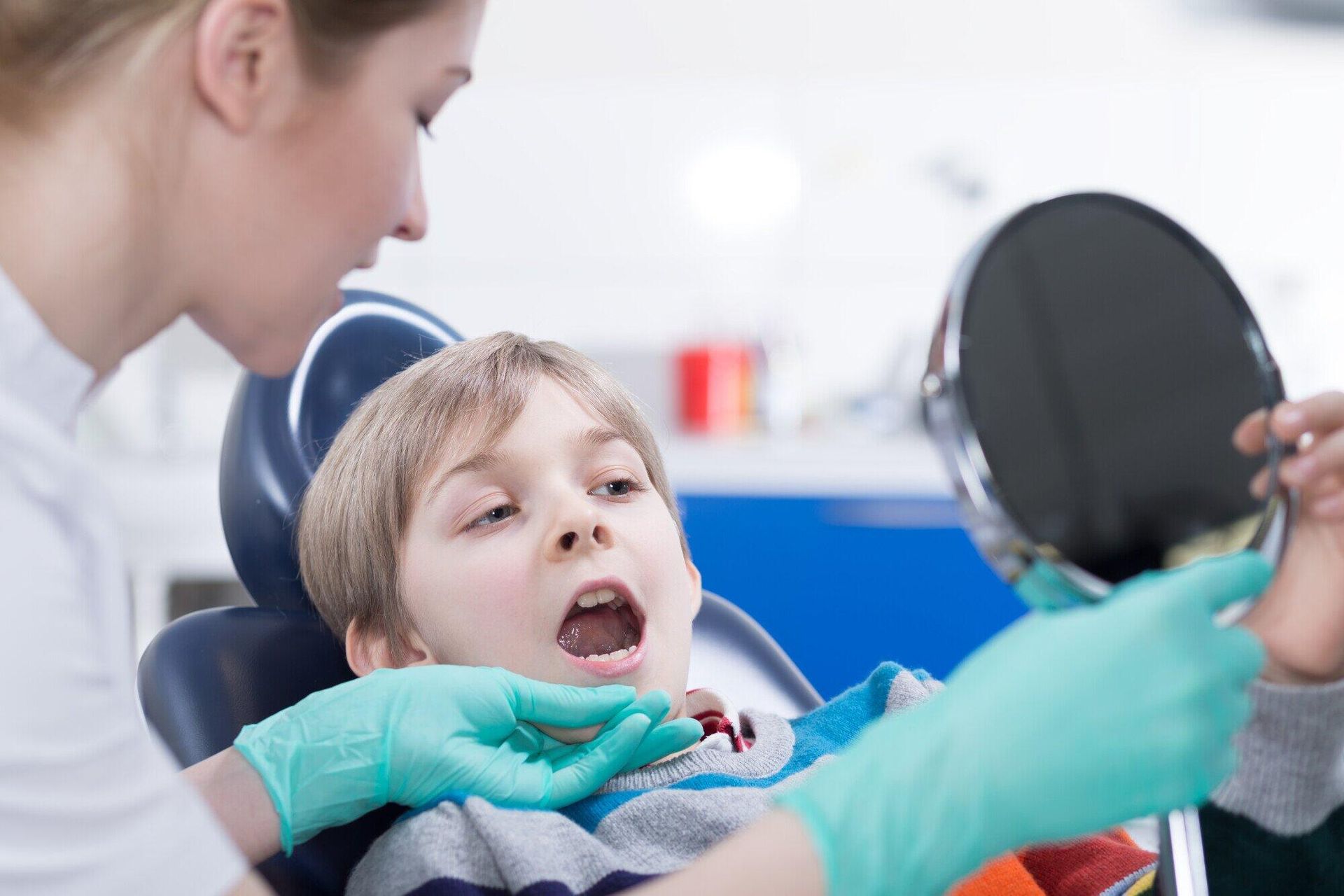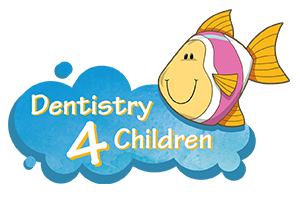How to Prepare for Oral Surgery With a Dentist in Friendswood, TX
Oral surgery may sound intimidating, but it includes all sorts of routine procedures! This includes wisdom tooth extraction, dental implant placement, TMJ surgery, and more.
Dr. Craig at Bay Area Dental Specialists will be the first to tell you that if you have oral surgery coming up, you have nothing to worry about. However, there are steps you can take to prepare for your oral surgery with your dentist in Friendswood, TX.
Our goal is to put your mind at ease and help you get ready for your upcoming oral procedure. The first step is talking to us about your symptoms so that we can schedule your oral surgery.
Next, read this guide to find out what you can do to prepare!
Discuss Your Surgery With Us
During your pre-surgery consultation, we'll tell you everything you need to know. That includes what to expect from the surgery, what to do for a smooth recovery, and what kinds of anesthesia we'll use during the operation.
We know that it's a lot of information at once. Please don't hesitate to ask us to repeat what we've said and give you more information in writing. If you have any questions that we haven't answered, ask away—no question is silly and we want to ensure that you feel calm and empowered going into your oral procedure.
Pick Up Your Medication in Advance
Recovering from oral surgery often involves prescription medications. These can include medications to ease pain, fight infection, and more.
If possible, try to pick up your medication before you go in for your procedure. That way, you can start taking it right away and you don't have to worry about getting to the pharmacy during a time when rest should be your top priority.
Secure a Post-Operation Ride
If your oral surgery involves more than local anesthesia, you will need to secure a ride from a trusted friend or family member. Though you will be awake when you leave, you will not be able to operate a car for about 24 hours.
Please note that we discourage patients from riding alone in a cab or rideshare after an operation involving general anesthesia. If you can't secure a ride from a friend or family member, we may ask you to wait longer before leaving.
Get Post-Operation Groceries
As you may expect, most oral surgeries will leave your mouth sore. In some cases, you will need several days before you can chew hard and crunchy foods without experiencing pain or disturbing your surgery site.
Before you come in to see our oral surgeon, head to the grocery store and stock up on foods for a soft food diet. This can include soups, mashed potatoes, smoothies, and other nutritious foods that require no or minimal chewing. You may want to grab some protein shakes and other protein-infused foods to make sure that your soft food diet keeps you full and happy!
Fast If Necessary
If your oral surgery involves general anesthesia, we will discuss the necessity of fasting before your appointment. Most of the time, you will only need to fast for about twelve hours, so it shouldn't be too disruptive. If you have a condition that prevents fasting, please let us know so that we can discuss alternative options.
Why is fasting necessary before general anesthesia? Your body's reflexes are temporarily altered by general anesthesia. While it isn't common, having food or drink in your stomach can increase the chances of vomiting while anesthetized, and fasting for twelve hours can prevent this from occurring.
Dress for Oral Surgery
On the day of your oral surgery appointment, make sure to dress in comfortable, loose-fitting clothing. If you will require an IV, we will ask you to wear a short-sleeved shirt so that our team can access your arm with ease.
We also ask that you remove jewelry before coming to your appointment, especially any jewelry or piercings near or in the mouth. If you suffer from dry eyes and wear contact lenses, we urge you to skip the contacts and wear glasses, as your eyes will be closed during surgery.
Hold Off on Smoking
If you are a smoker, we ask that you refrain from smoking for twelve hours before your surgery. Refraining from smoking will improve blood flow, lower blood pressure, and improve lung function. You will also need to refrain from smoking after your surgery, so talk to your oral surgeon about the length of time you will need to abstain.
Know When to Reschedule
If you become sick before your oral surgery appointment, know that rescheduling is an option. While the common cold won't necessarily make surgery inadvisable, congestion and coughing can make oral surgery more difficult. If you have COVID or believe you have COVID, we ask that you reschedule.
We know that allergy, cold, and COVID symptoms tend to overlap. If you're feeling sniffly and not sure what the best choice is, give us a call and we'll discuss your options.
Need Oral Surgery in Friendswood? Give Us a Call
We know that having an oral surgery appointment on the horizon can feel nerve-wracking. The good news is that many procedures are standard, quick, and easy to recover from! We hope that this guide has given you the information you need to feel prepared and empowered before your upcoming appointment.
Do you think you may need oral surgery in Friendswood, TX? Contact us to schedule a consultation. We also offer children's dentistry, general dentistry, cosmetic dentistry, and orthodontics, and we're here to take care of the whole family!
